Earlier this month, U.S. Grains Council (USGC) Consultant Katy Wyatt traveled to Tanzania to conduct stakeholder visits with on-the-ground Council staff to poultry farms in addition to holding an association workshop with the Tanzania Animal Feed Manufactures Association (TAFMA). The Council also hosted its first poultry and feed management seminar of the year in Zanzibar.
Follow along in the photo essay below to learn more about the Council’s work in Tanzania.
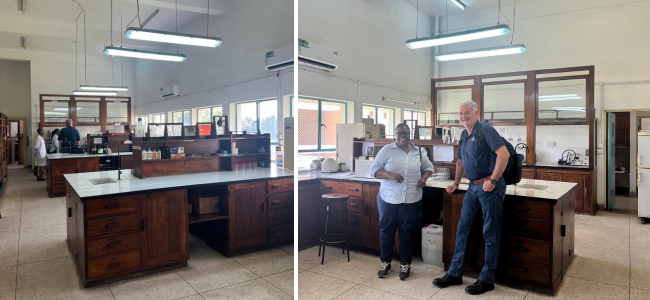
While in Dar es Salaam, Council representatives visited the Central Veterinary Laboratory (CVL), the only government lab handling animal feed quality in-country. The Council has supported the CVL in its annual operations since 2013. While on site, the group met with the lab director to review its operations and assess equipment maintenance. The CVL is a critical component to the Council’s engagement in Tanzania, as it strives to ensure quality standards of raw materials and animal feeds. In the second photo, you can see USGC Southern Africa Consultant Heiko Koster (right) and Tanzania Representative Mary Ngalaba (left).
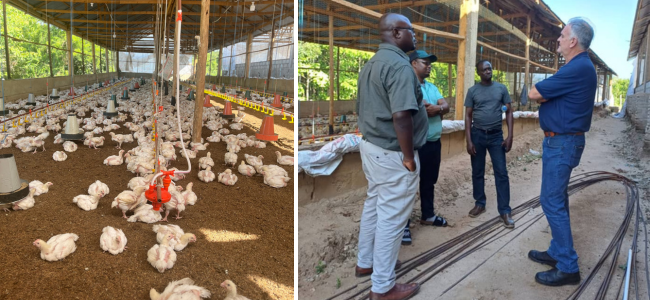
Throughout the week in Dar es Salaam, the group visited multiple broiler operations. The industry is rapidly growing, with several of the poultry houses having more than 12,000 birds. In 2013, a 500-bird farm was considered a small operation, today a “small farm” is closer to anything under 8,000-10,000.
Producer follow-up visits enable the Council’s consultants to ensure that producers are adapting lessons learned during training seminars into their operations. Poultry house management, biosecurity, climate control, proper house equipment, water quality and feed quality are topics addressed during these visits.
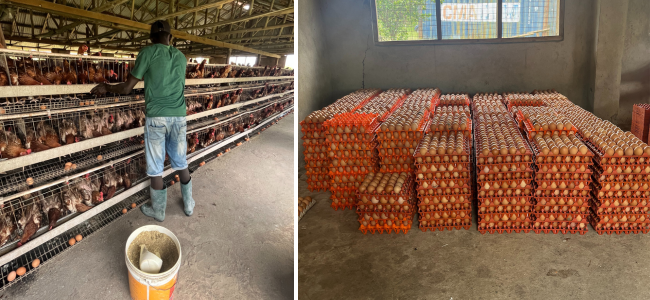
Like broiler operations, the group visited several layer farms, many of which have direct contacts and customers in Dar es Salaam for their distribution. Bird health, biosecurity and feed quality were assessed during the visits to ensure farms continue to perform at optimal production levels.
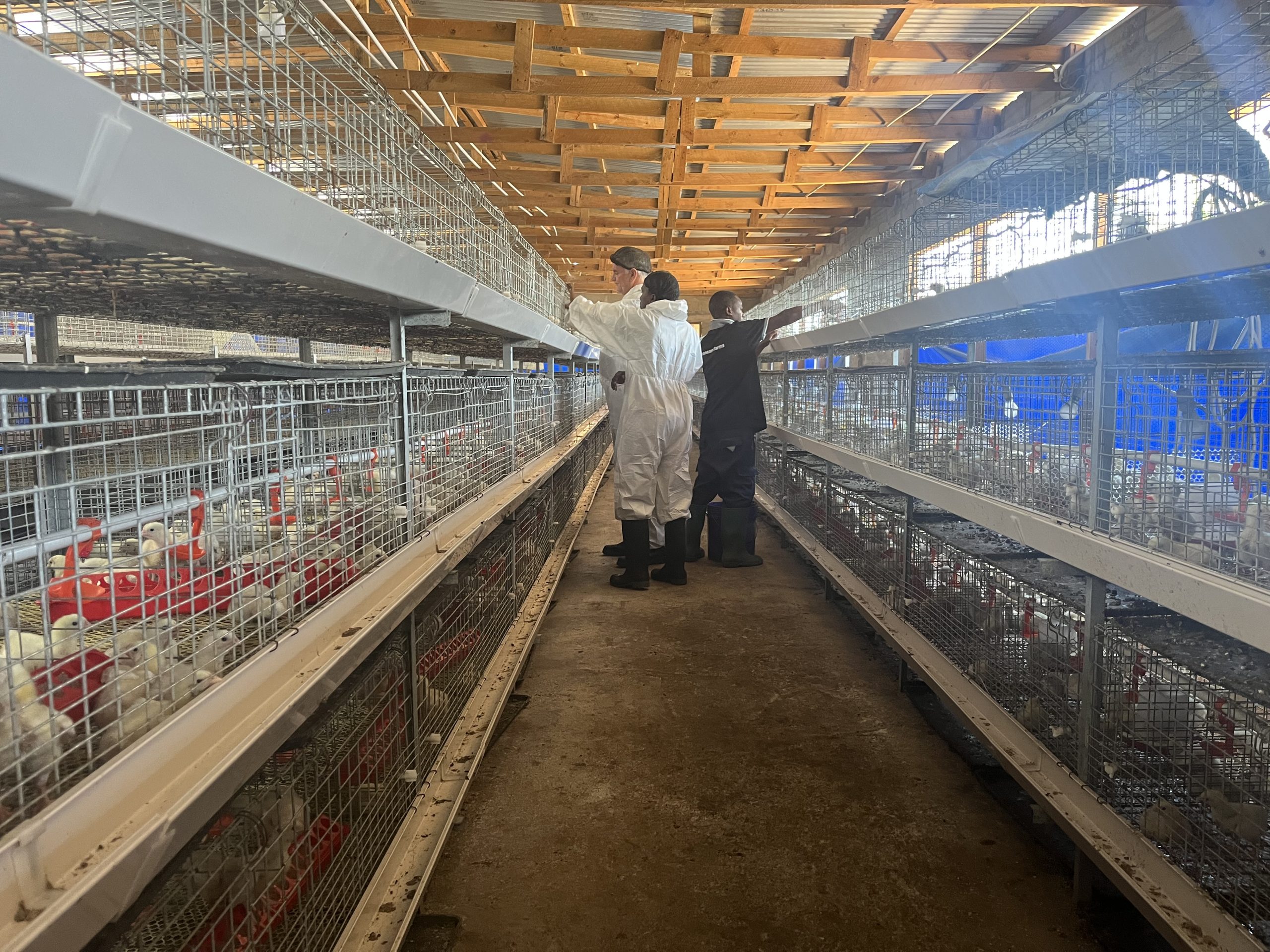
Cage system broilers are beginning to appear in Dar es Salaam. This style of broiler rearing can be an efficient way to optimize broiler growth, with birds heading to the market at 30-days. This is a new technique being implemented by some farms in Dar es Salaam and the group had the chance to visit one of the operations.
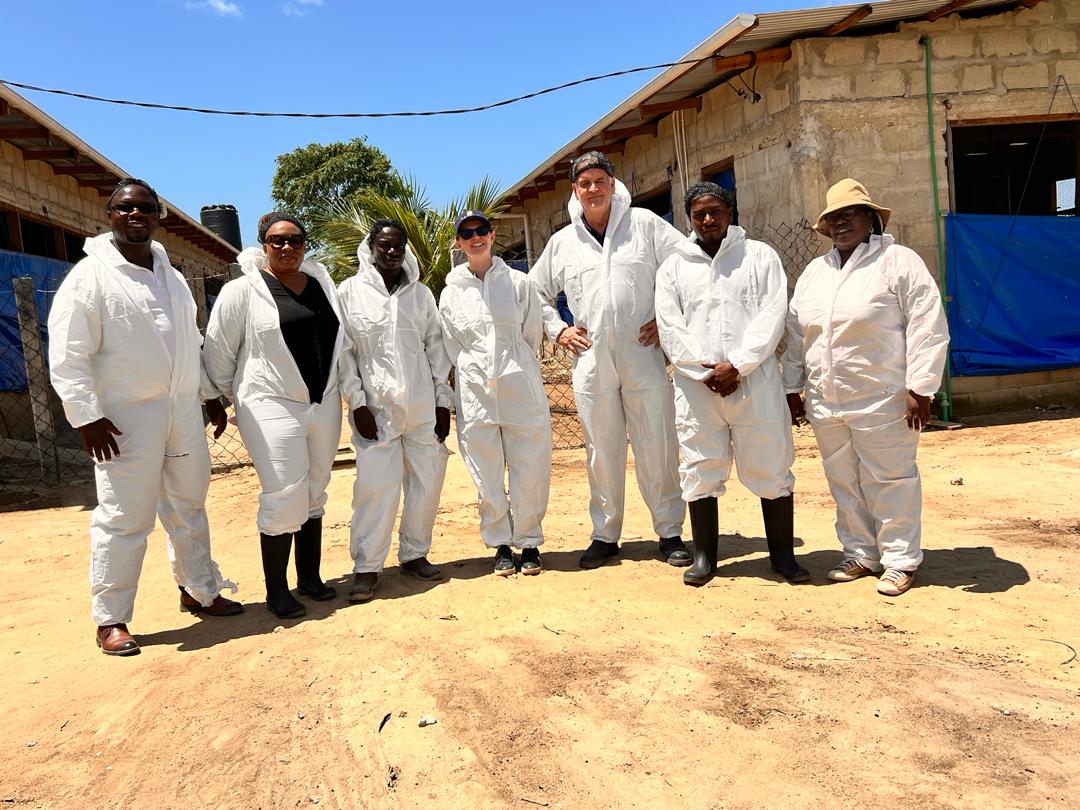
The group visited a contract farmer in Dar es Salaam, rearing broilers. Contract farming is growing in Dar es Salaam and provides a lower risk for producers. Poultry operations are typically provided the essentials of poultry farming, from day-old-chicks to vaccines, and work to protect the farmer from market related risks (E.g., price variations). As can be seen in the picture, visitors are provided with protective clothing, demonstrating the emphasis on biosecurity.
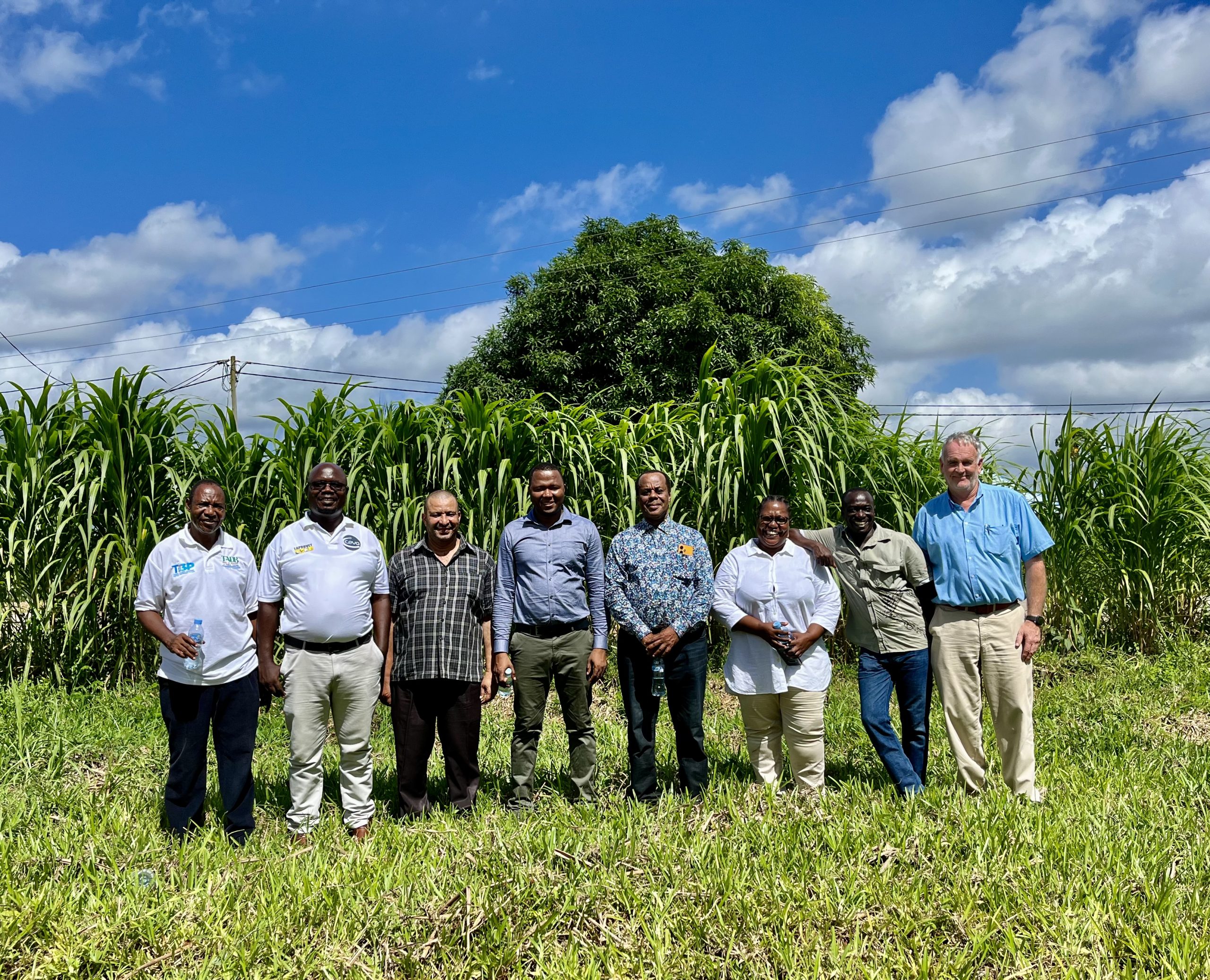
In Zanzibar, the group met with the Zanzibar Livestock Research Institute (ZALIRI) to hear an overview of agricultural and livestock production taking place on Zanzibar. Training remains critical to the growth of the poultry and feed sector in Zanzibar. The Council partnered with ZALIRI to host a poultry management seminar for poultry producers, extension workers and other industry stakeholders on Feb. 10.
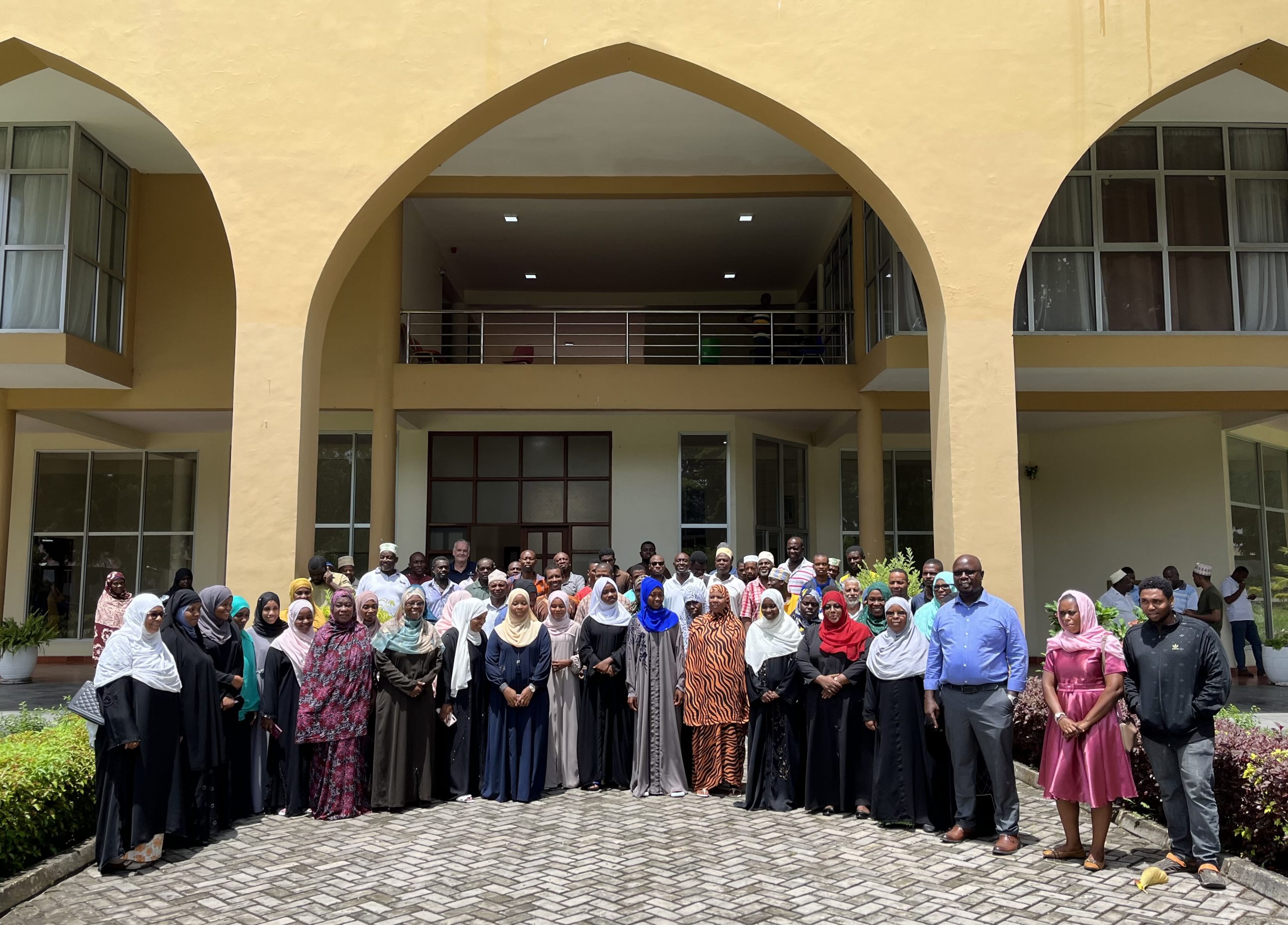
Pictured, 110 participants attended a one-day poultry and feed management training seminar. The day was broken up into two sections, with the morning focusing on poultry farm operations, feed quality, material storage and quality assurance. Following lunch, the afternoon session focused on biosecurity, vaccination protocols and record keeping for those in attendance.
The Council has been invested in the development of the poultry industry in Tanzania since 2013 with the goals of fostering the development of the overall poultry and animal feed sectors.
About The U.S. Grains Council
The U.S. Grains Council develops export markets for U.S. barley, corn, sorghum and related products including distiller’s dried grains with solubles (DDGS) and ethanol. With full-time presence in 28 locations, the Council operates programs in more than 50 countries and the European Union. The Council believes exports are vital to global economic development and to U.S. agriculture’s profitability. Detailed information about the Council and its programs is online at www.grains.org.
